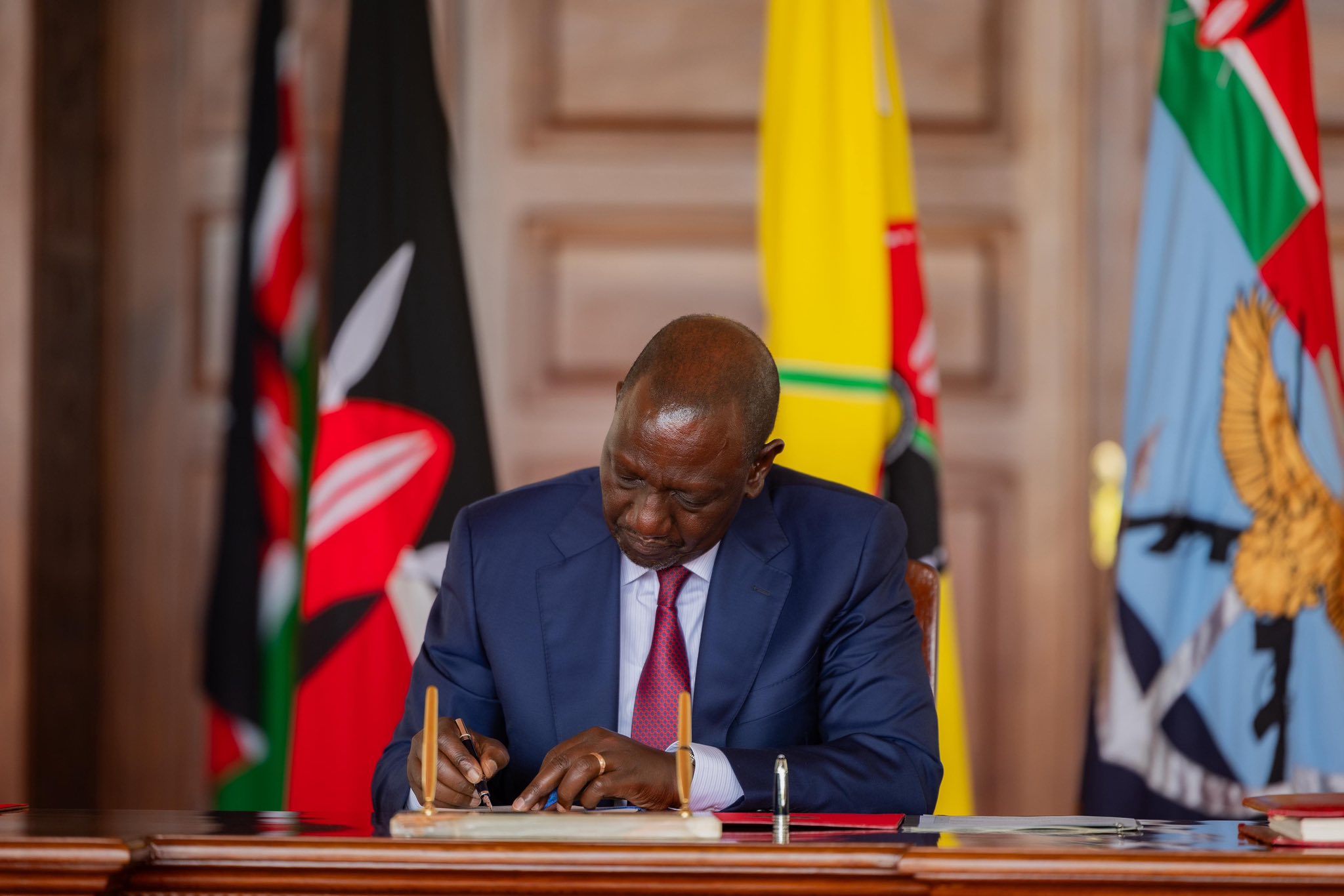Is The Country Addicted To Scandals?

BY ESTHER MUTURI
Kenyan media has uncovered over five scandals since the year began, the most common scandals are procurement related. The most recent is a church-related scandal where preachers have been exposed for cultic practices which has led to deaths among followers.
However, out of the scandals under investigation, the Directorate of Criminal Investigations has not been able to provide a conclusive report on who is behind the schemes, or why they’re so common.
The public procurement sector in Kenya suffers widespread corruption and is the leading form of graft in the public service and is always at the center of all major corruption scandals.
A perfect example of a public service scandal is the one exposed at Kenya Medical Supplies Authority (KEMSA) where Ksh. 3.7 million was thwarted by senior managers at the agency.
The use of agents to facilitate business operations and transactions in Kenya is widespread and poses a risk for companies, particularly at the market entry and business start-up stage
On May 18th, 2023, a local and global shortage of sugarcane following a proposal in the Finance Bill 2023 for the introduction of a new tax on sugar triggered a hike in the prices of the product, Kenyans had to pay 32% more than the last month to access sugar.
Now Supermarkets in Nairobi and Kisumu are retailing a kilo of sugar between sh189 and sh210 while a 2kg packet is retailing between sh419 and sh440 depending on the brand.
The Directorate of Criminal Investigations and a multi-agency team warned Kenyans that they could consume be consuming poisonous sugar straight from the shelves.
Security agencies stated that brown sugar packed in 20,000, 50kg bags were imported into the country in June 2018 by Merako Investments Limited in Zimbabwe.
KEBS guidelines stated that the goods did not conform to local quantity standards and should be destroyed. The sugar was taken to a warehouse in Makongeni where it’s suspected to be stored for the last four years.
KEBS had reviewed the process for the destruction of condemned sugar consignment to distill it to ethanol from approved manufacturers.
The DCI was then sent to the warehouse to forcefully confirm whether the consignment was in place but found the warehouse empty, pointing to possibilities that sugar had already hit the market.
Twenty-seven government officials attached to various state agencies got suspended from office over the disappearance of the contaminated sugar.
Chrispus Waithaka, the suspected mastermind behind the disappearance of the condemned sugar has been arrested and will be arraigned in court.
He joined other traders from Mombasa, Kajiado, and Nairobi and will be facing charges related to the theft and distribution of the contaminated sugar to the local market.
According to the Ethics and Anti-Corruption Commission, Kenya is losing an estimated KSh.608 billion/= (7.8% of the country's GDP) to corruption annually, what of the scandals swept under the carpet, how much are we losing as a country? Who is to be trusted?
Tags: Kemsa Finance Bill Eacc Sugar Scandal Nakhumicha


